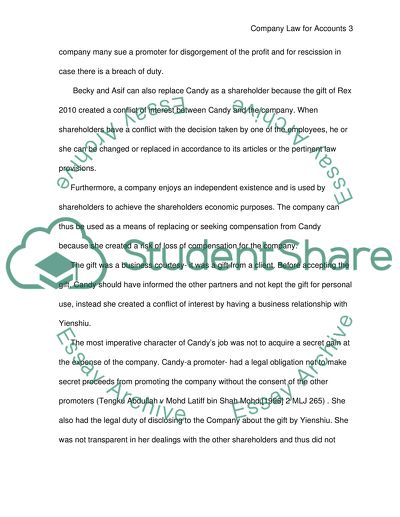Cite this document
(“Company Law and Virtue Ethics Essay Example | Topics and Well Written Essays - 3000 words”, n.d.)
Retrieved de https://studentshare.org/finance-accounting/1392172-company-law-for-accounts
Retrieved de https://studentshare.org/finance-accounting/1392172-company-law-for-accounts
(Company Law and Virtue Ethics Essay Example | Topics and Well Written Essays - 3000 Words)
https://studentshare.org/finance-accounting/1392172-company-law-for-accounts.
https://studentshare.org/finance-accounting/1392172-company-law-for-accounts.
“Company Law and Virtue Ethics Essay Example | Topics and Well Written Essays - 3000 Words”, n.d. https://studentshare.org/finance-accounting/1392172-company-law-for-accounts.


